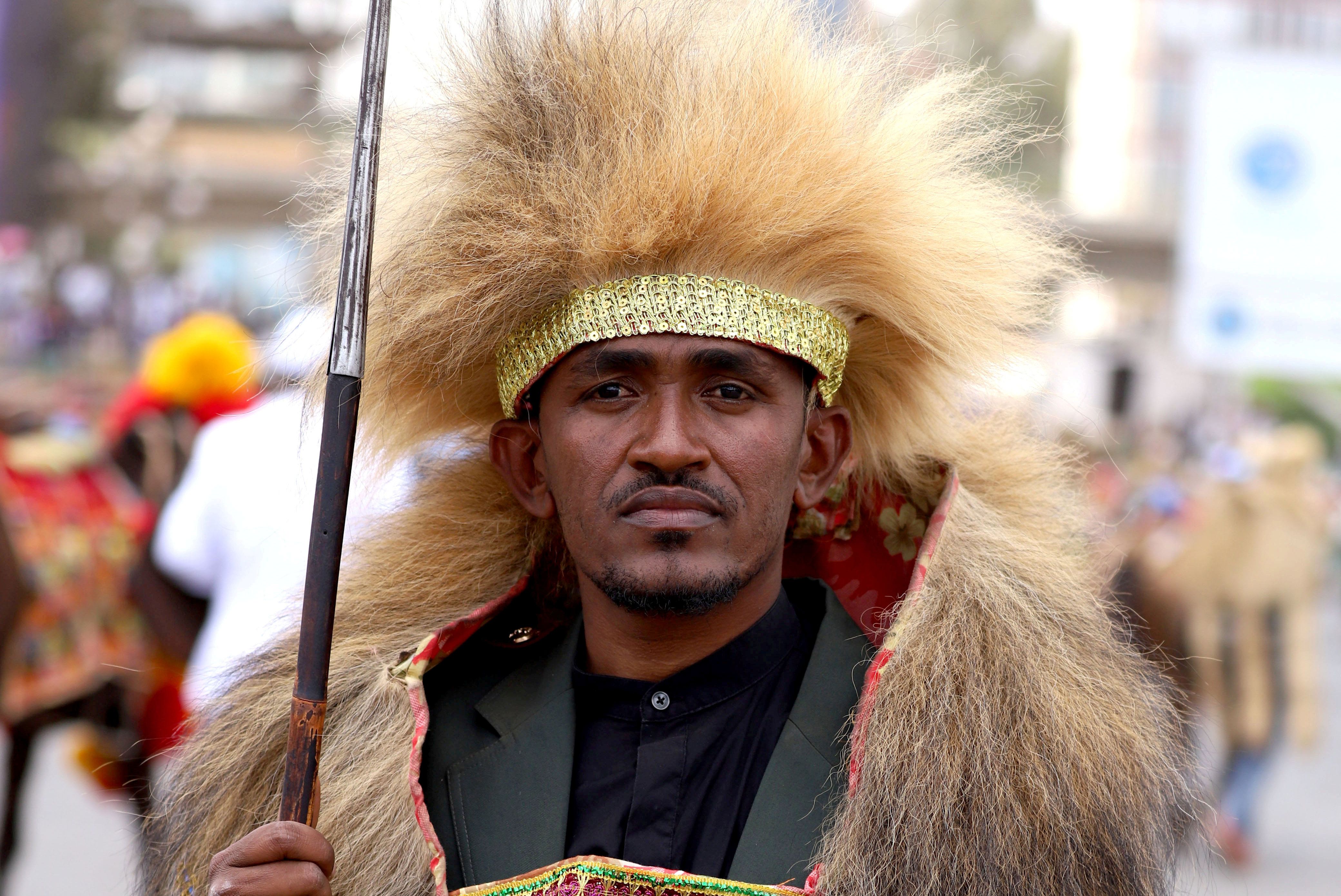When hundreds of thousands of protesters in Ethiopia brought sweeping change to their government in 2018, many of them were blaring the music of one man: a popular young activist named Hachalu Hundessa, who sang songs calling for the liberation and empowerment of the Oromo, the country's largest ethnic group.
Earlier this week, the 34-year old Hundessa was gunned down in the country's capital, Addis Ababa.
The killing has triggered massive new protests across parts of the country. More than 80 people are dead. The internet has been cut nationwide. The prime minister has praised the singer and called for calm. Authorities say suspects are in custody, but beyond that little is known.
These are tense moments. What does Hundessa's murder – and the response — tell us about the challenges facing Ethiopia, one of the world's great recent stories of political progress and economic growth?
Ethiopia is deeply fragmented. The country's people belong to more than 80 ethnic groups. The largest, comprising a third of the country's 105 million people, are the Oromo. Despite their numbers, they have long been politically marginalized.
The mass protests of 2016-2017 began as a reaction to government attempts to swipe Oromo land, and later morphed into a broader society-wide challenge to the opaque and repressive regime that had run the country for decades.
Faced with a sustained uprising, the ruling coalition finally relented. In April 2018, it appointed as prime minister a young, reform-minded Oromo politician named Abiy Ahmed. He became the first Oromo head of state in Ethiopia's history.
Abiy moved quickly, winning plaudits on a number of fronts: releasing political prisoners, making peace with neighboring Eritrea (for which he picked up a Nobel Peace Prize), and accelerating the privatization and reform of one of the fastest-growing economies in the world.
But a new climate of political openness has allowed long-simmering ethnic tensions to boil over. In 2018 alone, ethnic strife forced some 3 million people from their homes. Periodic flareups of violence still routinely claim dozens of lives.
Abiy himself has become a target of prominent Oromo nationalists, who accuse him of having done too little to advance their interests, even as other ethnic groups worry that the Oromo are emboldened by having their man in charge.
The pandemic is making it all worse. Although Ethiopia has registered just a handful of coronavirus deaths – and has played an important role in efforts to fight the disease in other developing countries — the economic impact of the pandemic has been huge. The IMF has already cut the country's 2020 growth forecast in half to a little over three percent.
What's more, coronavirus has forced postponement of national elections originally scheduled for August until next year. That means Ethiopians, already in a situation of heightened social tension and economic uncertainty, will have to wait that much longer to express their preferences – and grievances – through normal political channels.
The bottom line: Abiy Ahmed has led bold and historic reforms, but lifting the lid off of a society as fractured as Ethiopia's can bring those debilitating tensions right into the open.More For You
Tune in on Saturday, February 14th at 12pm ET/6pm CET for the live premiere of our Global Stage from the 2026 Munich Security Conference, where our panel of experts takes aim at the latest global security challenges.
Most Popular
In this Quick Take, Ian Bremmer weighs in on the politicization of the Olympics after comments by Team USA freestyle skier Hunter Hess sparked backlash about patriotism and national representation.
In July 2024, Keir Starmer won the United Kingdom’s election in a landslide. It has been downhill ever since, with Starmer’s premiership sullied by economic stagnation, intraparty fighting, and a lack of vision for the country.
